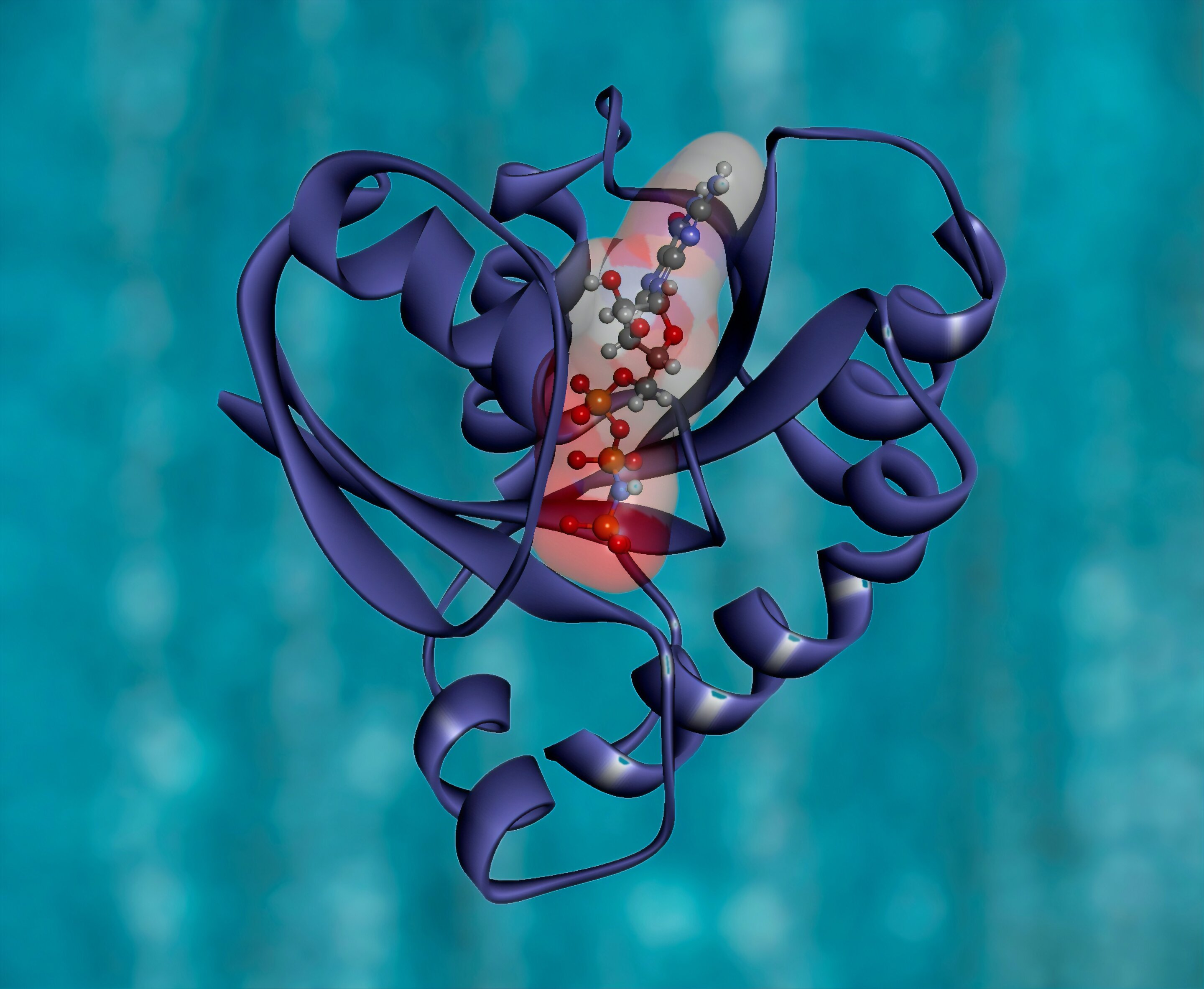AI technology generates original proteins from scratch
Date: 27.1.2023
Scientists have created an AI system capable of generating artificial enzymes from scratch. In laboratory tests, some of these enzymes worked as well as those found in nature, even when their artificially generated amino acid sequences diverged significantly from any known natural protein.
 The experiment demonstrates that natural language processing, although it was developed to read and write language text, can learn at least some of the underlying principles of biology. Salesforce Research developed the AI program, called ProGen, which uses next-token prediction to assemble amino acid sequences into artificial proteins.
The experiment demonstrates that natural language processing, although it was developed to read and write language text, can learn at least some of the underlying principles of biology. Salesforce Research developed the AI program, called ProGen, which uses next-token prediction to assemble amino acid sequences into artificial proteins.
Scientists said the new technology could become more powerful than directed evolution, the Nobel-prize winning protein design technology, and it will energize the 50-year-old field of protein engineering by speeding the development of new proteins that can be used for almost anything from therapeutics to degrading plastic.
The artificial designs perform much better than designs that were inspired by the evolutionary process," said James Fraser, Ph.D., professor of bioengineering and therapeutic sciences at the UCSF School of Pharmacy, and an author of the work, which was published Jan. 26, in Nature Biotechnology.
"The language model is learning aspects of evolution, but it's different than the normal evolutionary process," Fraser said. "We now have the ability to tune the generation of these properties for specific effects. For example, an enzyme that's incredibly thermostable or likes acidic environments or won't interact with other proteins."
Image source: Unsplash/CC0 Public Domain.























